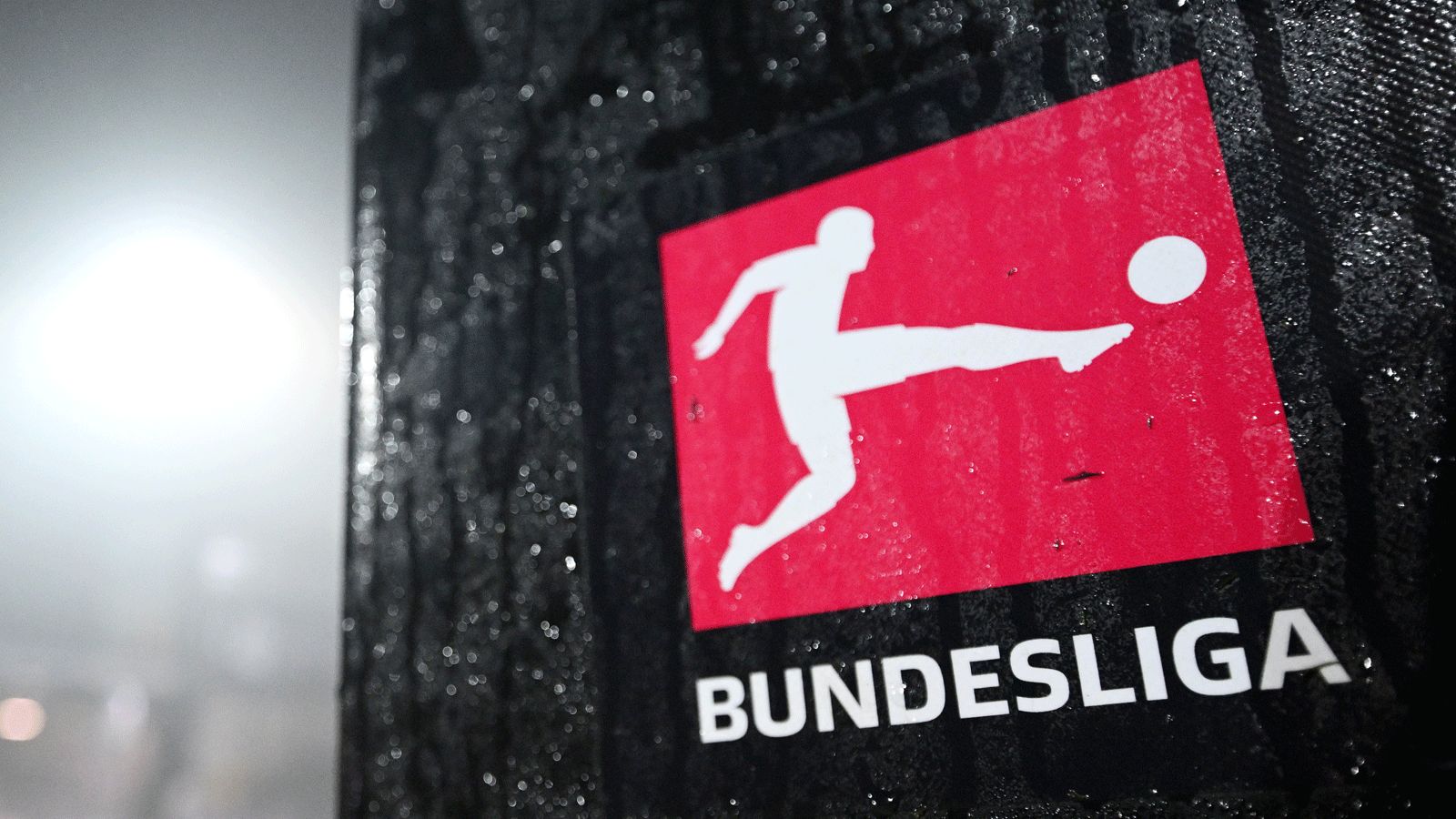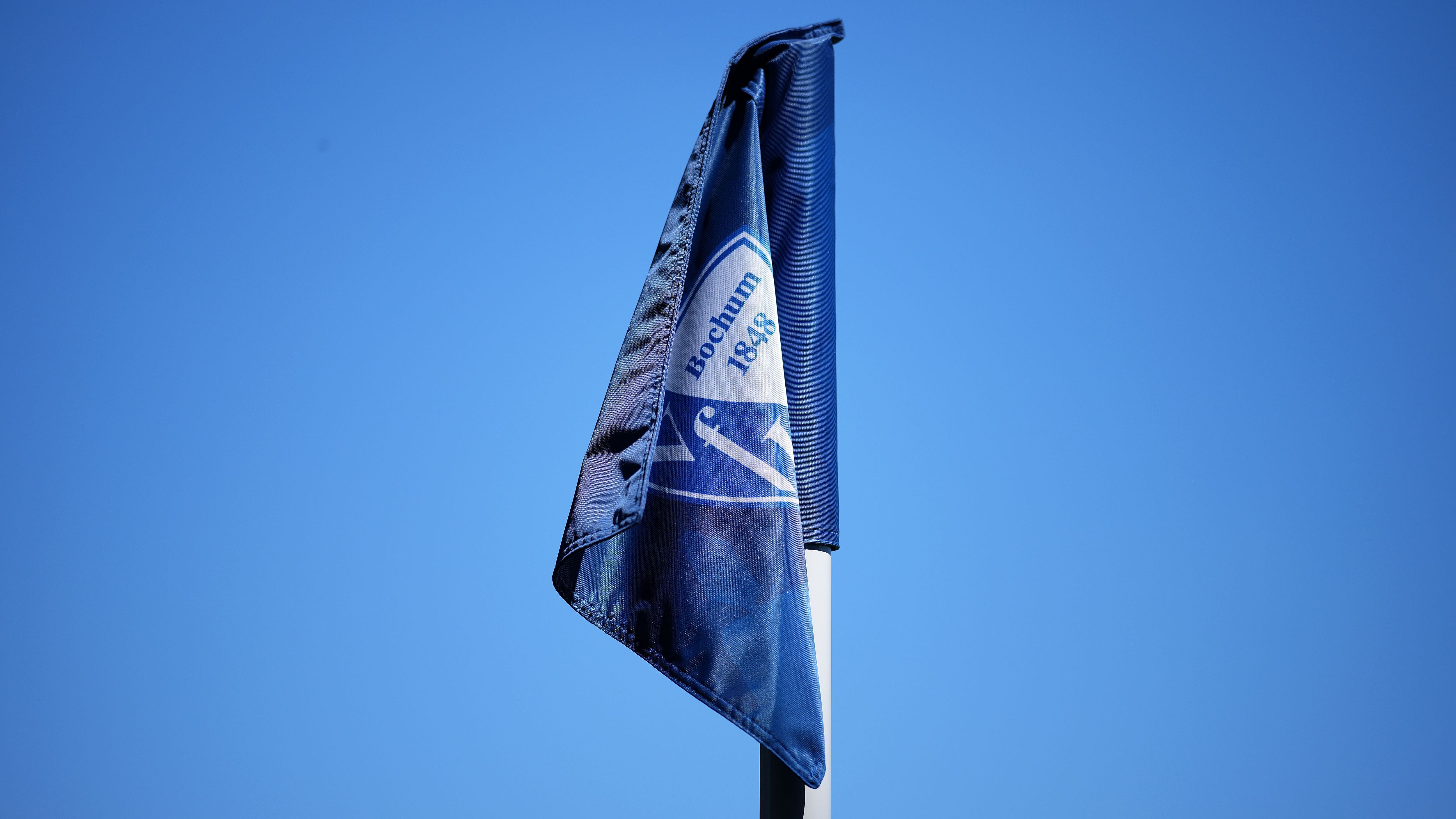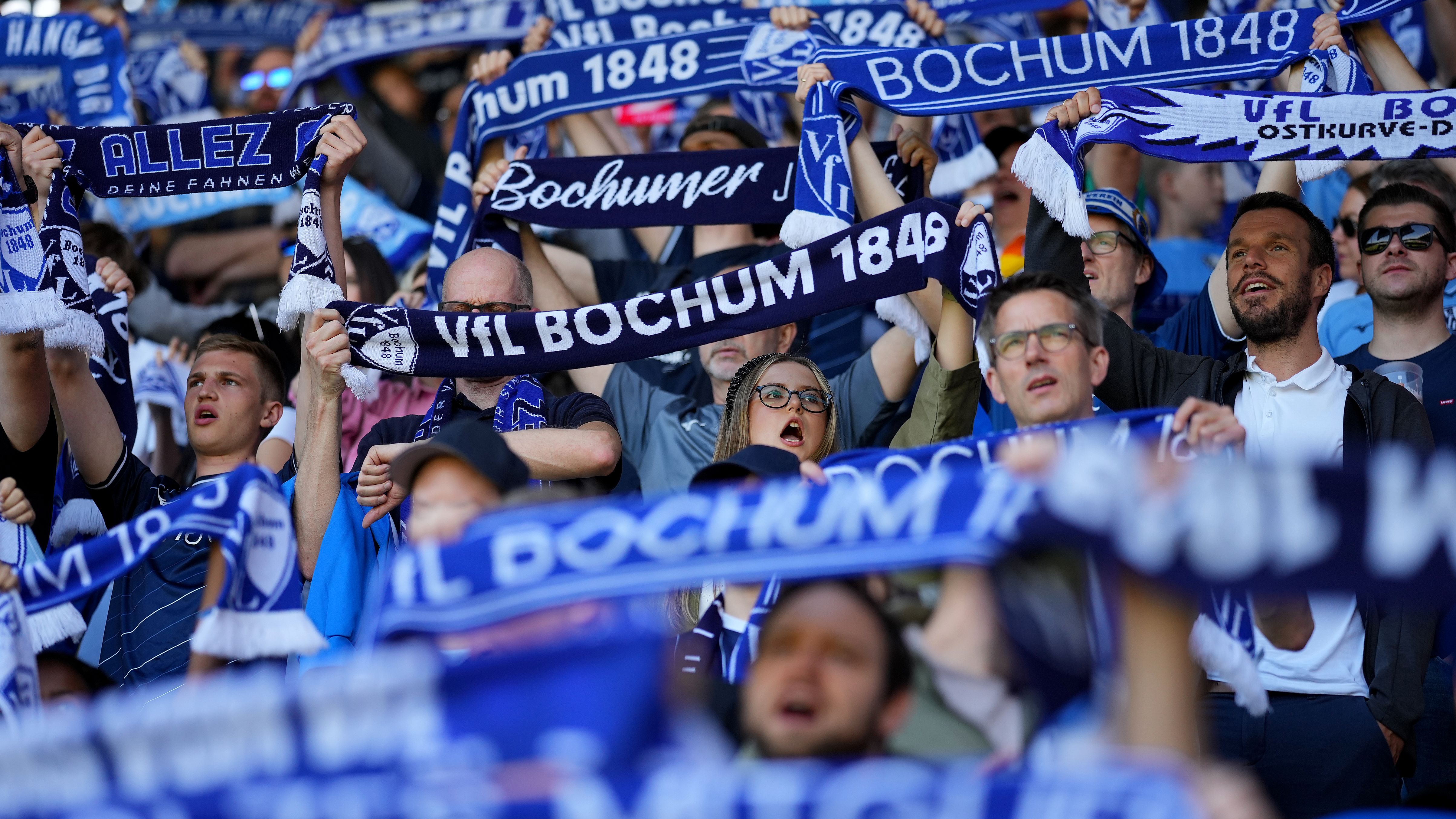How AI is Transforming Bochum’s Post-Relegation Revival
In the ever-evolving world of football, Bochum AI integration and strategic overhaul stand out as a bold move for a club facing challenges. After a triumphant ascent back to the Bundesliga in 2021 following over a decade in lower leagues, Bochum encountered a harsh downturn by 2024, leading to relegation and a thorough examination of their operational framework, including key leadership roles and future planning.



Bochum’s Shift from Glory to Innovation After Bundesliga Demotion
Following their exhilarating re-entry into Germany’s top football division in 2021, Bochum’s journey took an unexpected turn just three years on, culminating in relegation during 2024. This setback has compelled the team to critically evaluate their entire setup, from executive decisions to overarching tactics. The initial signs of instability appeared with the removal of head coach Dieter Hecking and sporting director Dirk Dufner in September, sparking widespread speculation about the leadership needed for recovery.
The Chaos in Leadership and Emerging Solutions
Amid the turmoil, CEO Andreas Luthe and spokesperson Ilja Kaenzig found themselves managing multiple duties, while a series of rapid coaching transitions within mere weeks exposed the disarray in the club’s internal systems. This downward spiral has ignited a profound transformation, focusing on building a more resilient, forward-thinking organization that minimizes reliance on outdated scouting methods and rigid hierarchies. Interestingly, this evolution points toward cutting-edge technology as the key to resurgence.
Implementing AI in Bochum’s Football Strategy
The club is now weaving artificial intelligence into the fabric of their sports management, engaging in talks with Plaier, an innovative platform powered by data analytics that employs sophisticated algorithms for talent scouting and performance forecasting. This initiative goes beyond simple player recommendations; it encompasses support for contract reviews, monitoring athlete progress, and even pinpointing ideal candidates for executive positions. Sources from Sport Bild indicate that this collaboration might involve an annual investment exceeding €100,000, plus incentives linked to effective player acquisitions and revenue from AI-suggested talents.
Key Figures Driving the AI Adoption
At the forefront of this initiative is Till Gronemeyer, a pivotal addition to Bochum’s restructuring team. He promotes a system where AI not only enhances traditional approaches but occasionally takes precedence in scouting processes. This level of commitment is rare, as even elite clubs such as Liverpool, Manchester City, PSG, and Bayern Munich typically use AI for aspects like injury management and game tactics, whereas Bochum envisions it playing a central role in core decisions.
Candidates and the Balance of Data with Human Insight
Gronemeyer’s vision has influenced the selection process for new staff, with one top contender for the sporting director role being Maximilian Hahn, who serves as West Ham’s scouting chief and is renowned for his reliance on analytics. Unfortunately, budgetary constraints prevented Bochum from matching his salary, which surpasses €200,000 per year at his current post.
Exploring Alternative Leadership Options
In contrast, Bernd Korzynietz, a ex-Borussia Monchengladbach player now scouting youth at Bayer Leverkusen, offers a more instinctive, experience-based perspective. His potential appointment, backed by Gronemeyer, underscores Bochum’s effort to merge the accuracy of AI with the nuances of human judgment. Additionally, former player Simon Zoller is anticipated to contribute in linking technological tools with on-field development strategies.
The Future of AI in Bochum’s Competitive Edge
As Bochum stands at a critical juncture post-relegation, their adoption of AI highlights the urgency for organizational innovation, potentially providing a vital advantage in the league. Through Plaier’s extensive data resources, the club can uncover hidden gems that align with their style and finances, projecting player potential over three to six years-a feature that outstrips conventional scouting by delivering forward-looking insights. Ultimately, while AI lays the groundwork, the outcome hinges on seamless incorporation, where factors such as team motivation, visionary guidance, and intuitive decisions will determine Bochum’s path to redemption.
Background on the Club’s Relegation
In the competitive world of German football, a mid-tier Bundesliga club faced a tough season, ultimately resulting in relegation to the 2. Bundesliga. This setback highlighted the need for a thorough recruitment overhaul to rebuild the team and secure promotion back to the top flight. For this club, the relegation served as a wake-up call, prompting leaders to explore innovative solutions like AI for recruitment. By integrating artificial intelligence into their scouting and player acquisition processes, the club aims to identify hidden talents more efficiently and make data-driven decisions that align with their budget and long-term strategy.
The use of AI in football recruitment is becoming a game-changer, especially for clubs dealing with the aftermath of Bundesliga relegation. Traditionally, recruitment relied on scouts and gut feelings, but this approach often missed key data points. Now, AI algorithms can analyze vast amounts of player data, including performance metrics, injury history, and even social media sentiment, to predict success on the pitch.
How AI is Transforming Recruitment Processes
The club’s adoption of AI for recruitment overhaul involves advanced machine learning models that process data from matches, training sessions, and global leagues. For instance, AI tools can scan footage and statistics to evaluate players’ suitability for specific roles, such as a defensive midfielder who excels in high-pressure situations. This technology, inspired by general AI principles[Reference:[Reference:https://www.kdan.com/zh-tw/blog/about/ai/], helps in automating routine tasks and focusing human scouts on high-potential prospects.
One key aspect is the use of predictive analytics, where AI simulates how a player might perform in the Bundesliga environment. The club has partnered with tech providers to deploy algorithms that consider factors like playing style compatibility and adaptation to German football culture. This not only streamlines the recruitment process but also reduces the risk of costly signings that underperform after relegation.
Benefits of AI in Football Recruitment
Implementing AI for recruitment brings several advantages, particularly for a club recovering from Bundesliga relegation. First, it enhances efficiency by quickly sifting through thousands of potential candidates, saving time and resources. AI can identify patterns that humans might overlook, such as a player’s potential for growth based on youth academy performance.
According to AI experts, one major benefit is the ability to personalize recruitment strategies[Reference:[Reference:https://www.intel.com.tw/content/www/tw/zh/learn/what-is-artificial-intelligence.html]. For this German club, AI helps tailor searches to specific needs, like finding versatile players who can adapt to a more defensive style in the 2. Bundesliga. Additionally, AI reduces bias in scouting, ensuring a more diverse pool of talents from underrepresented regions.
- Cost Savings: By prioritizing high-value signings, the club minimizes wasteful spending on overhyped players.
- Improved Accuracy: AI’s data-driven insights lead to better player-club fits, potentially boosting team performance and fan engagement.
- Faster Decision-Making: Real-time analytics allow the club to act swiftly in the transfer market, crucial for post-relegation rebuilds.
Real-World AI Applications in Sports
Drawing from broader AI developments, the club’s approach mirrors how technology is used in other industries. For example, AI tools help in analyzing opponent strategies, which indirectly supports recruitment by identifying players who can counter specific threats[Reference:[Reference:https://ai.google/]. This has led to exciting outcomes, like spotting emerging stars from lower leagues who could shine in the Bundesliga.
Practical Tips for Other Clubs Considering AI Overhaul
If your club is facing a similar situation after a relegation, here are some practical tips to integrate AI into recruitment effectively:
- Start with Data Assessment: Begin by auditing your existing player database and identifying key metrics that matter most, such as speed, endurance, and tactical awareness.
- Choose the Right AI Tools: Opt for user-friendly platforms that integrate with your current systems, like those offering predictive modeling for football-specific data.
- Train Your Team: Ensure scouts and staff are trained on AI interfaces to combine technology with human expertise for the best results.
- Monitor Ethical Use: Always prioritize data privacy and avoid over-reliance on AI to maintain the personal touch in football.
These tips can help clubs undergoing a recruitment overhaul achieve sustainable success, even after a Bundesliga relegation.
Case Studies and First-Hand Experiences
While this German club’s story is still unfolding, similar case studies from other sports organizations provide valuable insights. For instance, a Premier League team previously used AI to revamp their squad post-relegation, resulting in a swift return to the top tier. Their experience showed that AI not only accelerated talent scouting but also improved fan retention through transparent, data-backed decisions.
In first-hand accounts from club insiders, one scout shared how AI flagged a relatively unknown defender who became a key player in their promotion campaign. This mirrors broader AI successes, where tools have helped teams like those in the MLS to optimize rosters efficiently. By learning from these examples, football clubs can adapt AI strategies to their unique contexts, ensuring a robust response to challenges like Bundesliga relegation.









